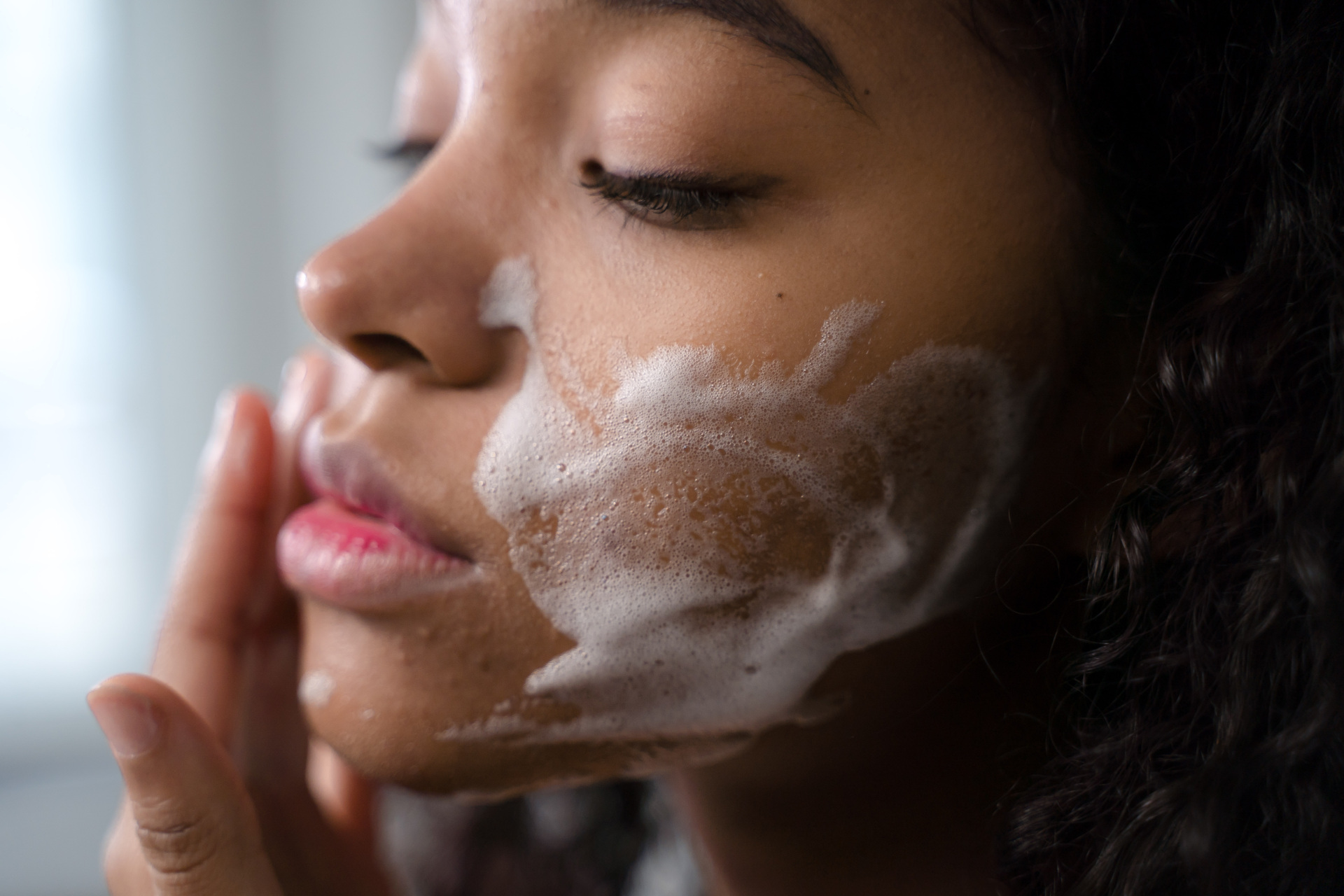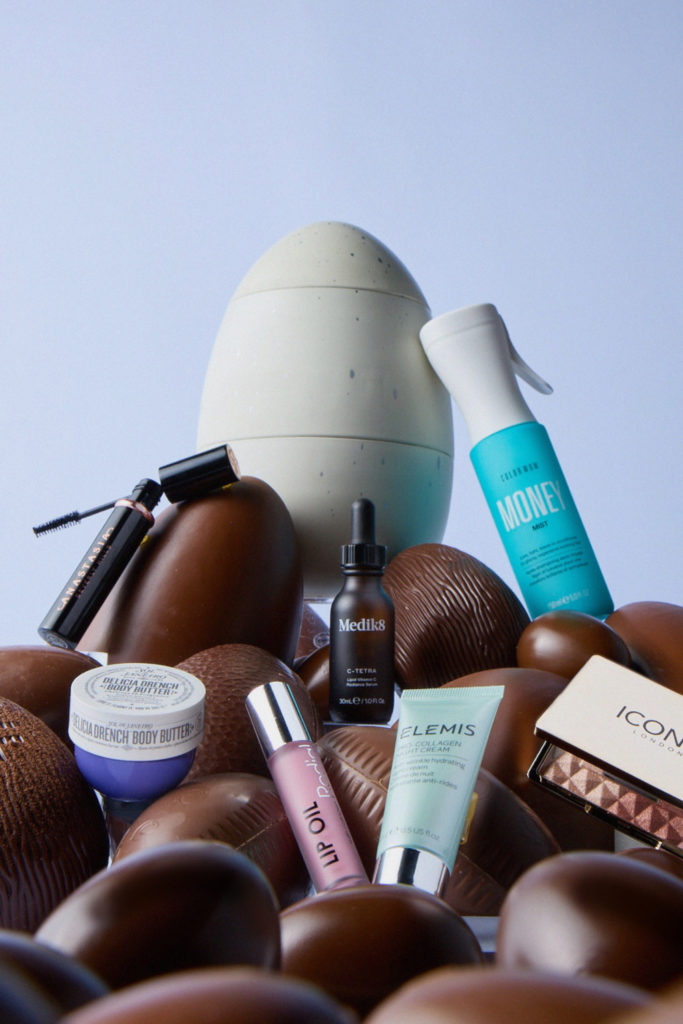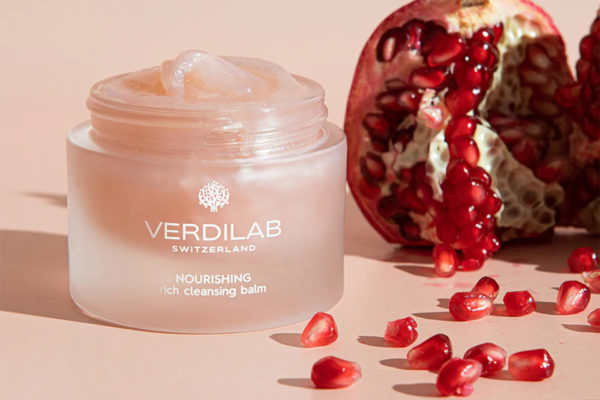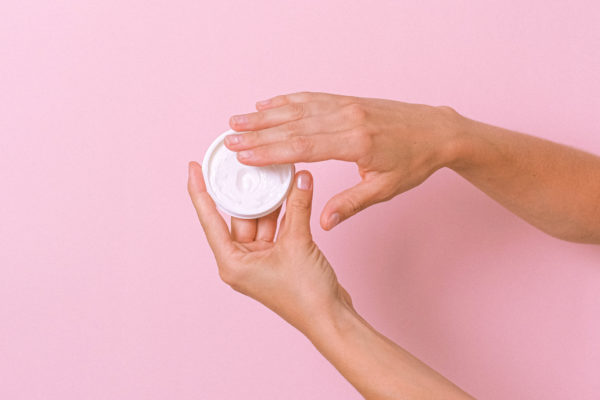6 Excellent Exfoliators To Add To Your Routine
By
2 years ago
Plus an expert guide to this skincare hero

Tired of uneven texture? Then it might be time to crack out an exfoliator. We’ve asked the experts what to look out for in a good exfoliator, and rounded up some of our favourites for you to try at home.
The Country & Town House Responsible Buyers’ Guide
What Is An Exfoliator?
‘An exfoliator is a product – either chemical or granular (physical) – that helps to remove the dead skin cells on the surface of the skin, revealing fresher, more radiant skin underneath,’ says Clare Hopkins, co-founder of science-led British skincare brand Balance Me.
What Are The Benefits Of Exfoliating?
‘Exfoliating is important as it removes the dead skin cells that can cause breakouts, pimples or acne on the skin,’ explains Clare. ‘It helps to unclog pores, lighten pigmentation, soften skin texture and brighten the look of skin, making it a very important step in your skincare regime.’
How Often Should We Exfoliate?
‘How often you exfoliate really really depends on your skin type and what exfoliator you are using,’ says Clare. Depending on how gentle your exfoliator is, Clare indicates you can use it up to twice a day. ‘However if you have very sensitive skin, we’d recommend starting with one to two times a week and building up.’
Can You Over-Exfoliate?
Yes, you can over-exfoliate if you’re not careful. But what happens when you do? ‘If you’re using harsher chemical formulas, you might find over-exfoliating can dry skin out,’ says Clare. You can effectively strip you skin of its natural oils, and some products may be too aggressive – which can just irritate your skin, leaving it looking red and feeling sore.
Which Ingredients Are Best For Exfoliating Skin?
There are two types of exfoliators: chemical and physical. ‘The main difference is that chemical exfoliants use acids or enzymes to help dissolve dead skin cells, whereas physical exfoliants contain small particles to help gently remove dead skin cells,’ says Clare.
Chemical Exfoliators
Chemical exfoliators typically use acids to help break down dead skin cells. Most commonly broken down into AHAs (alpha hydroxy acids) and BHAs (beta hydroxy acids). We’ve listed some common chemical exfoliator ingredients below:
- Glycolic Acid (AHA): Derived from sugarcane, glycolic acid is an AHA with small molecules, making it effective at penetrating the skin’s surface to exfoliate dead skin cells and promote skin renewal.
- Lactic Acid (AHA): This AHA is milder than glycolic acid and is derived from milk. It is suitable for sensitive skin and helps improve skin hydration while exfoliating.
- Salicylic Acid (BHA): As a BHA, salicylic acid is oil-soluble and penetrates deep into the pores. It is particularly effective for acne-prone and oily skin as it helps to unclog pores and reduce breakouts.
- Fruit Enzymes: These enzymes can help break down keratin proteins attached to dead cells to reveal fresher, brighter skin.
- Mandelic Acid (AHA): Mandelic acid has larger molecules than glycolic acid, making it gentler on the skin. It is suitable for sensitive skin and can also help with hyperpigmentation.
- Citric Acid (AHA): This ingredient is derived from citrus fruits and provides gentle exfoliation while offering antioxidant benefits.
- Malic Acid (AHA): Found in apples, malic acid is an AHA that helps improve skin texture and can be suitable for sensitive skin types.
- Tartaric Acid (AHA): Tartaric acid is derived from grapes and can provide gentle exfoliation.
Physical Exfoliators
As Clare explained, a physical exfoliator helps to remove dead skin cells and even out the texture of your skin. Some popular physical exfoliator ingredients include:
- Sugar: Fine sugar granules are gentle on the skin and dissolve easily, making them a good choice for mild exfoliation.
- Salt: Like sugar, salt granules can provide gentle exfoliation. However, they might be more abrasive, so use them cautiously, especially if you have sensitive skin.
- Ground Oatmeal: Oatmeal is soothing and suitable for sensitive skin. It can help exfoliate without causing irritation.
- Ground Coffee: Coffee grounds are often used in body scrubs due to their texture, which can help remove dead skin cells effectively.
- Jojoba Beads: These are smooth, spherical beads made from jojoba oil and are less likely to cause microtears in the skin.
- Rice Bran: Ground rice bran can be a gentle exfoliant, often used in Asian skincare products.
- Bamboo Extract: Bamboo particles are finely milled and can be used in gentle exfoliators for the face and body.
- Apricot Kernel Powder: This ingredient is often found in exfoliating scrubs and can provide a mild exfoliation.
How Do You Know Which Exfoliator Is Best For Your Skin?
‘It is really a case of preference and seeing what works well for your skin type,’ explains Clare. ‘We pride ourselves in our natural formulas which work well on different skin types and can be used everyday, so it is simply a choice of whether you want to use a chemical or physical exfoliator.’
Excellent Exfoliators To Add To Your Routine
Featured image: Ron Lach, Pexels
















